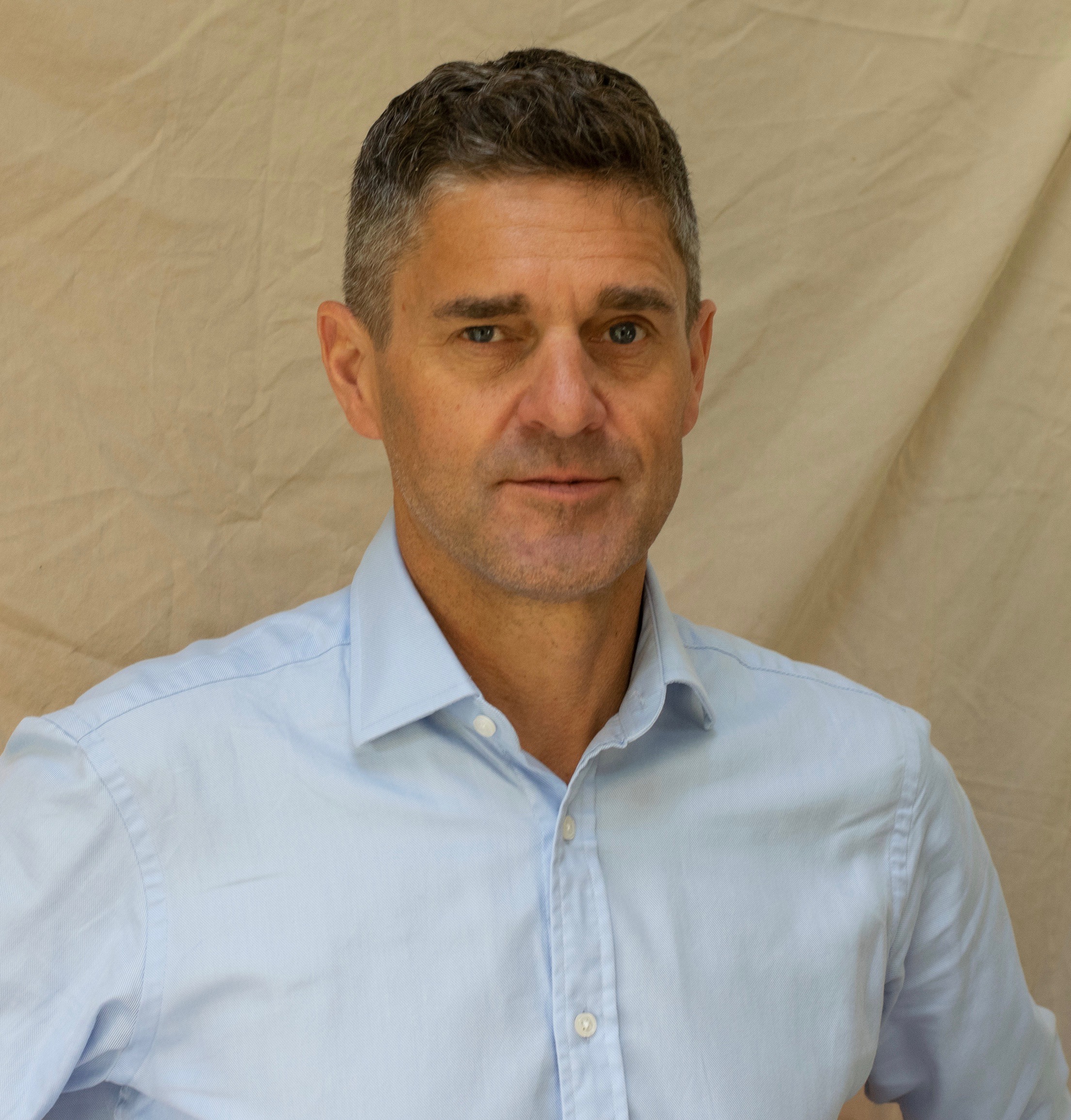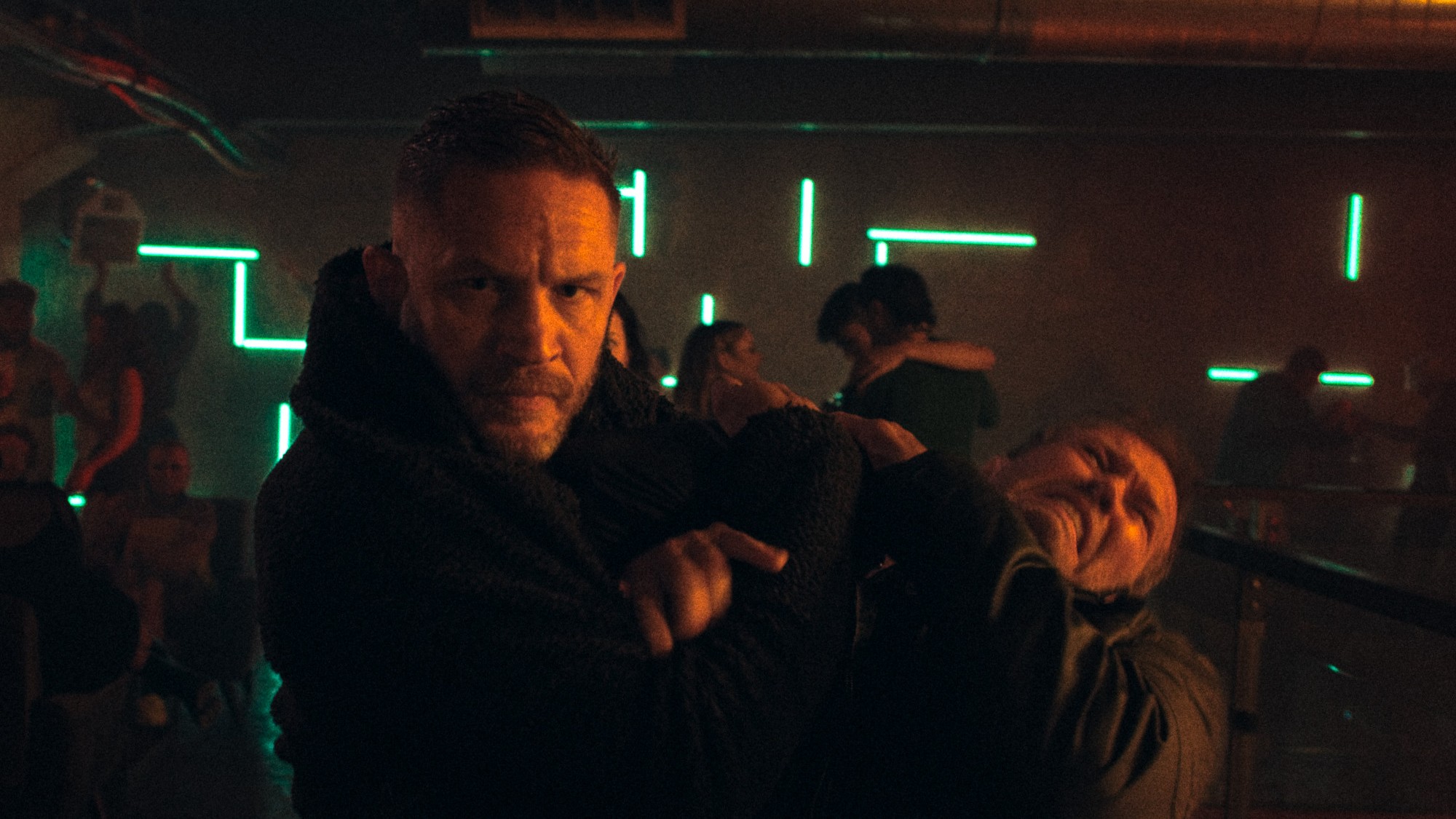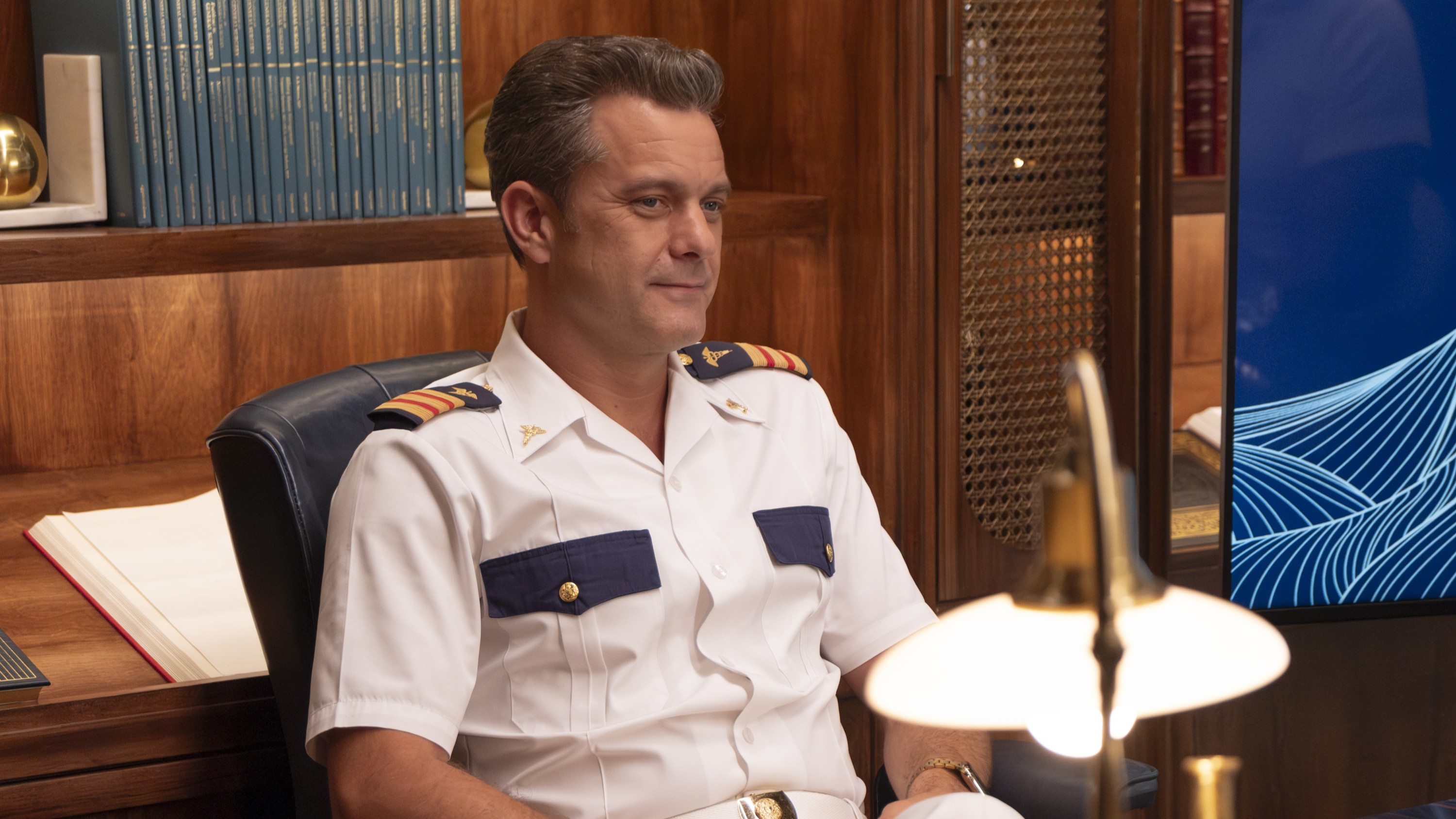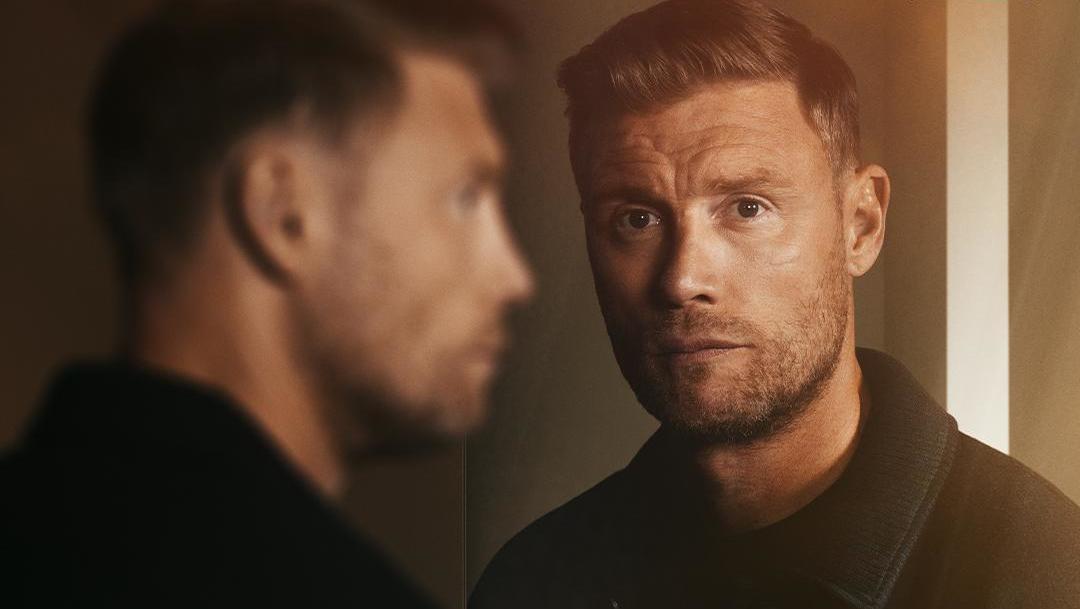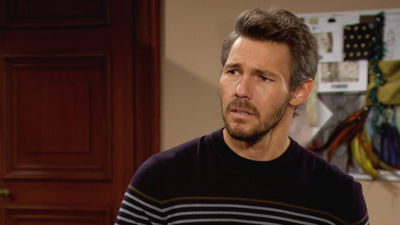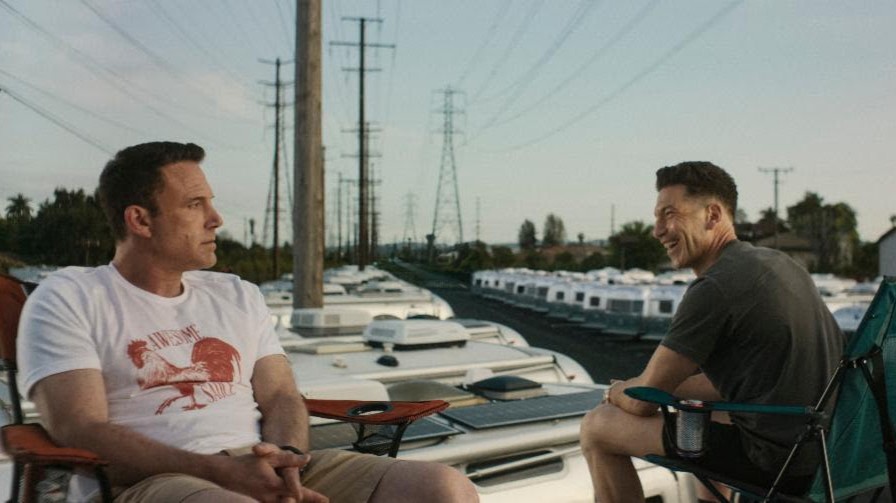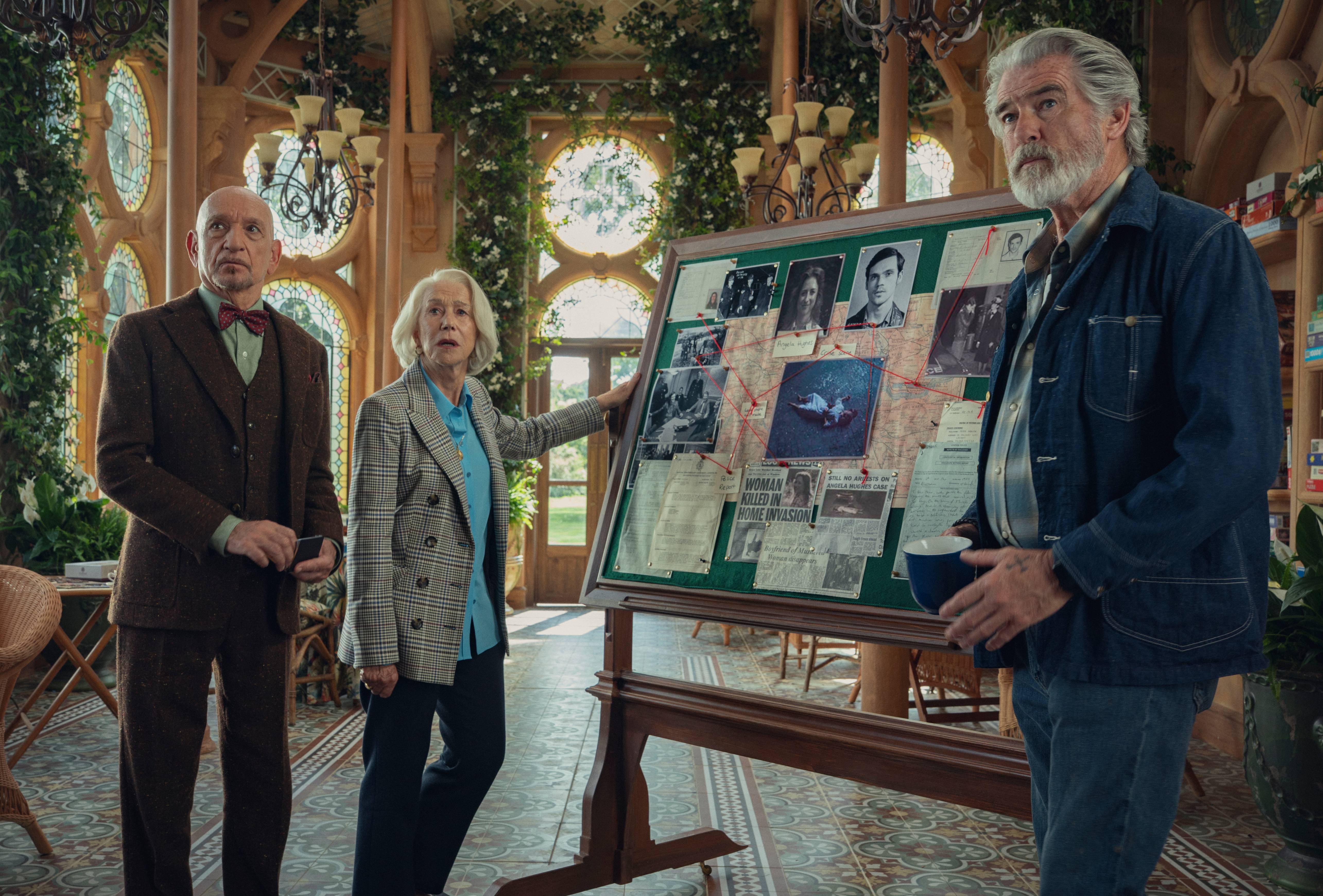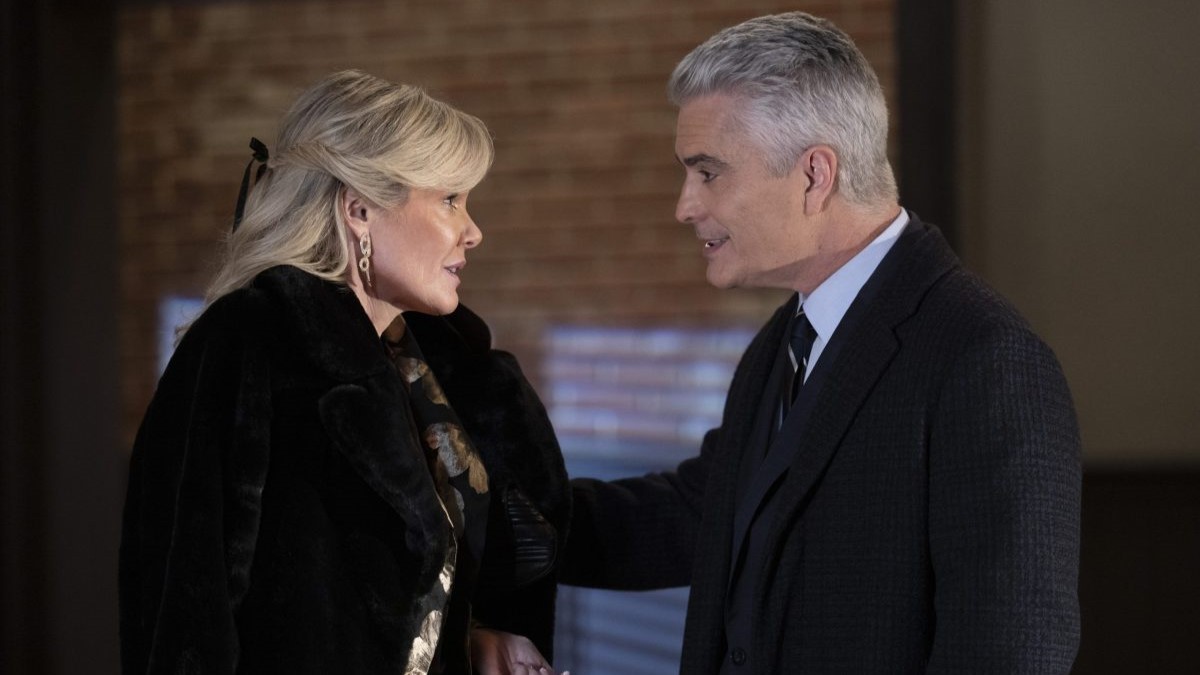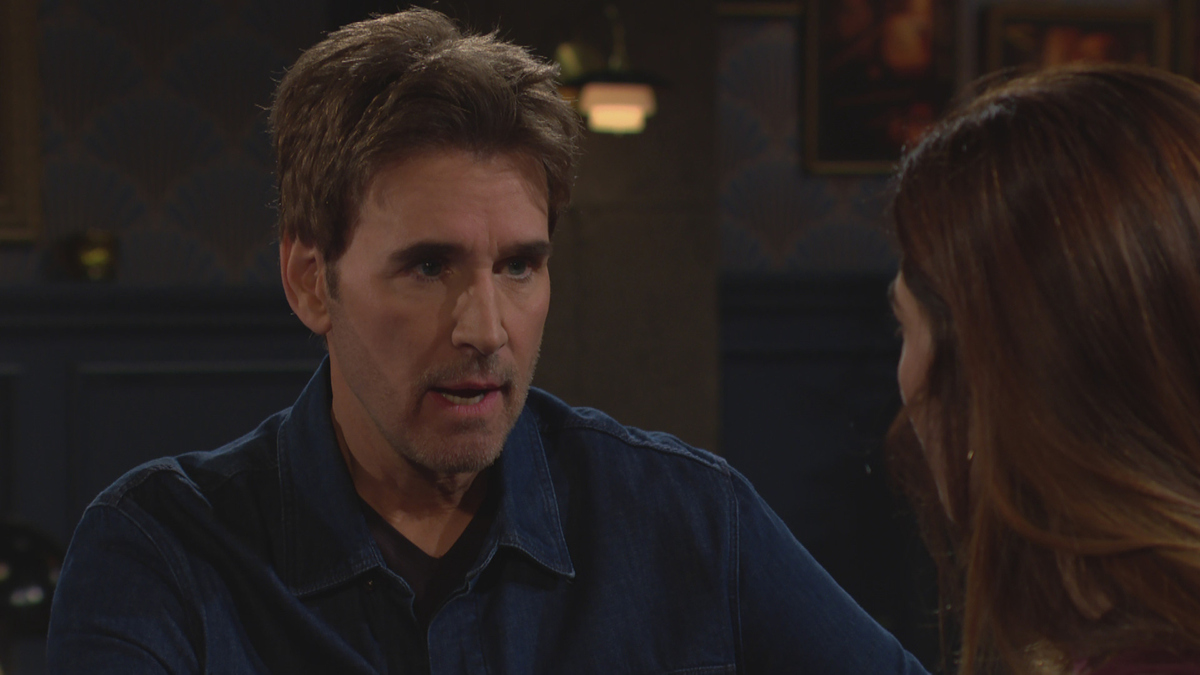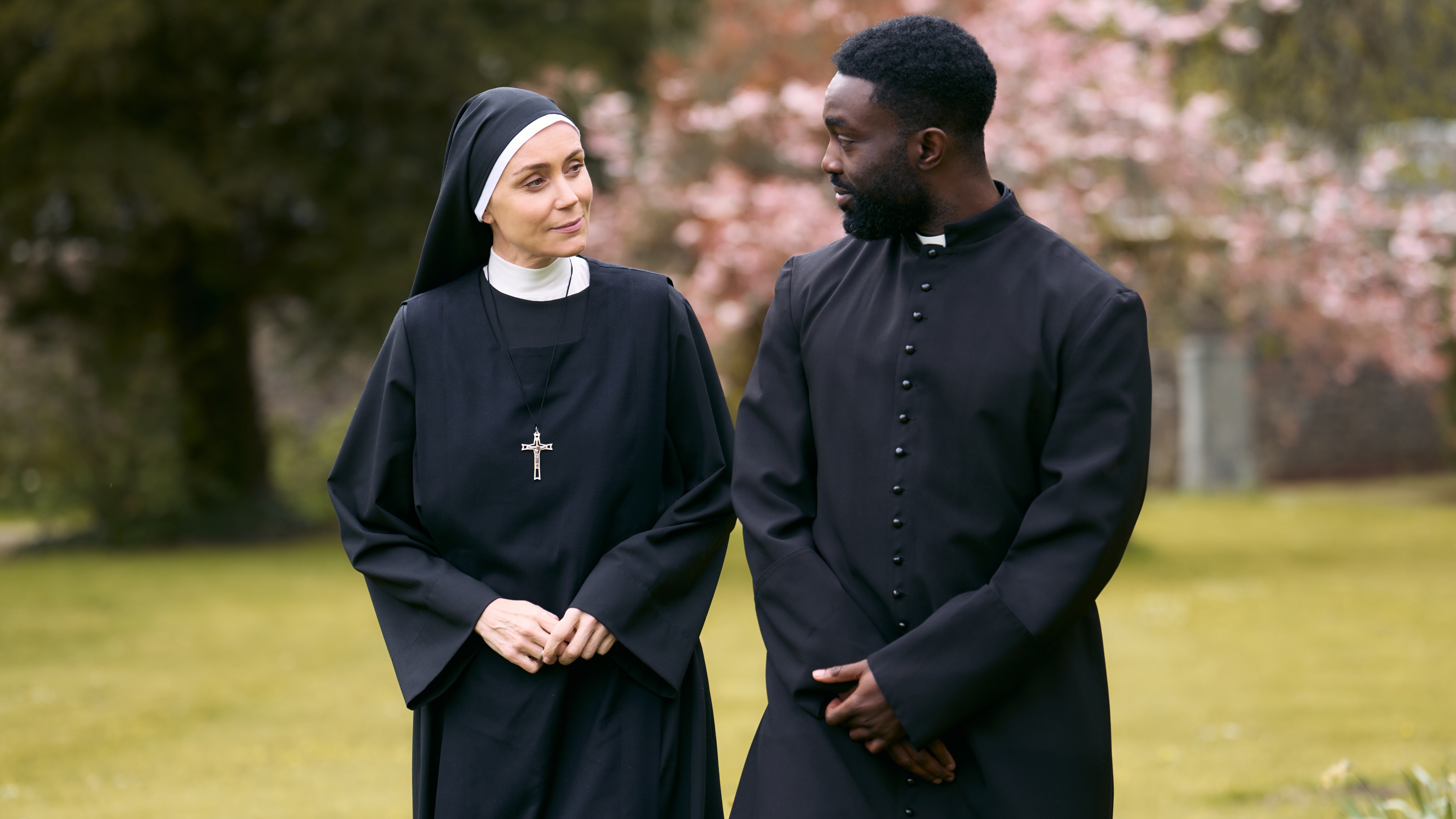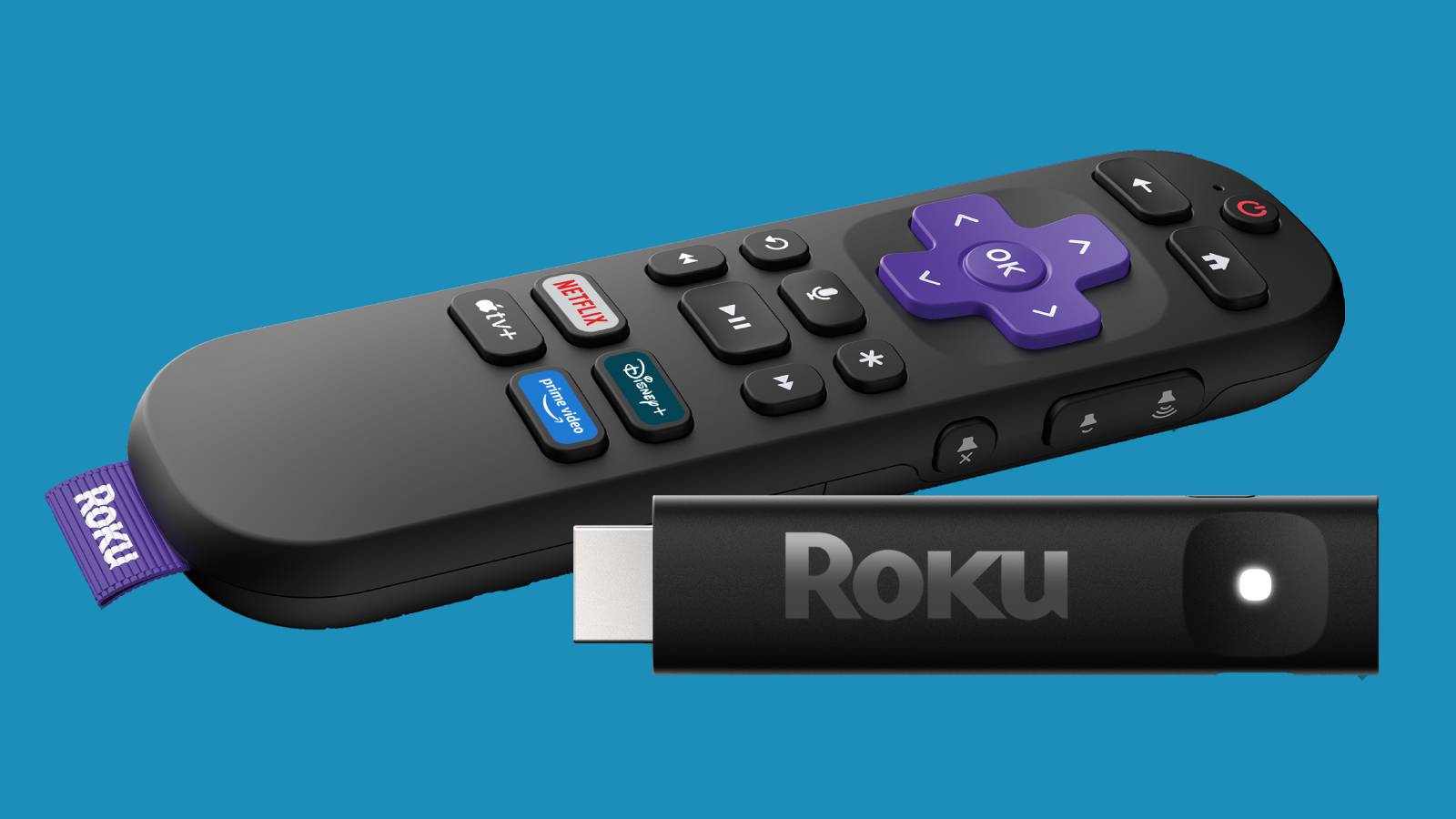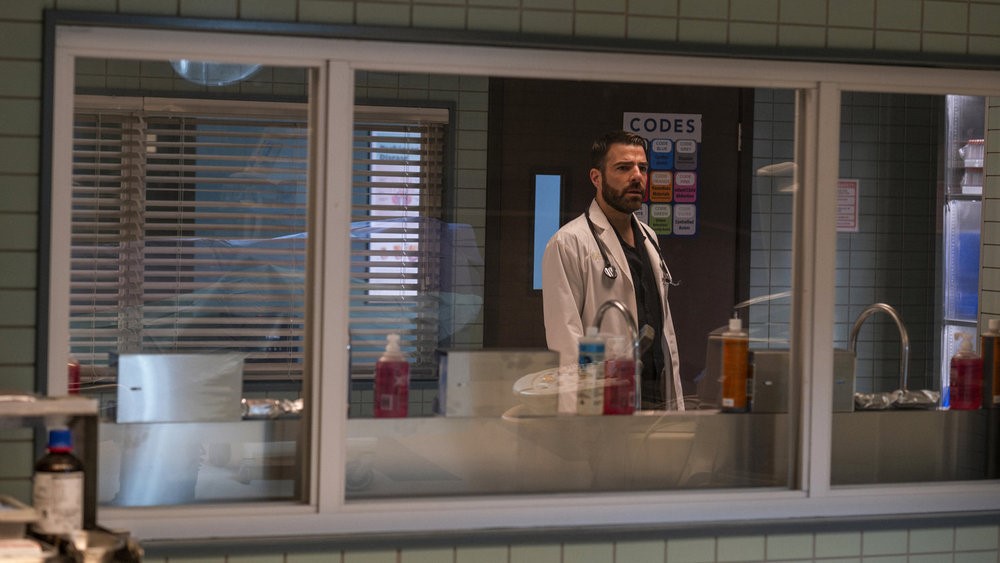Ross Kemp: 'You learn you shouldn't show fear'
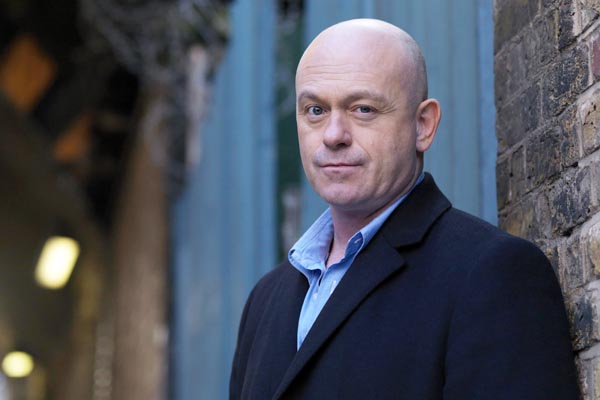
Ross Kemp travels to some of the world's most dangerous hotspots to show how criminals destroy the lives of thousands across the globe... After winning BAFTAs for his previous series documenting gangs and the war in Afghanistan, Ross Kemp returns to our screens this week with a new series called Ross Kemp: Extreme World. This five-part series begins on Sky1 on Monday 21 February and sees the actor-turned-presenter investigate murderers, rapists and drug dealers in some of the most lawless and violent places on the planet. TV&Satellite Week magazine caught up with to find out more... Is there an overall theme for the series? "It's about people living in extreme circumstances in the world and extreme people out there forcing their will onto others. Extreme World is a wide umbrella title and an excuse to go to some of the most dangerous places on the planet. We came up with the idea over a drink at the airport on the way back from the Middle East while we were deciding which way we should go next. We'd done 19 programmes on gangs and, although there's no shortage of other gangs, we felt we'd covered that and wanted to move on into current affairs." You report back on some horrific stories. Was it difficult to remain detached? "I don't judge and I don't have the answers. I'm not lecturing people and I'm not ramming my views down their throats. I'm just saying: 'This is what's going on.' If afterwards people turn their backs on what we show them, that's their right." What did you discover in the Democratic Republic of Congo, for instance? "I can tell you, for example, that if you've got a mobile phone or an MP3 player, it's probably got coltan in it and 80 per cent of he world's coltan comes from the Congo, where sales of it pay for weapons that are used to kill, maim and brutalise certain parts of the population. I'm not saying you shouldn't have these things; I've got them myself. I'm just saying you should be aware of what people have suffered for your mobile phone." There are some shocking moments in the series. What moved you the most? "You're right, some of it is shocking. But we're not sensationalising things. We're saying this is how people live. They are not easy programmes to watch, but I want people to stick with them. In particular, in the Congo we uncovered stories of sub-human levels of brutality and sexual violence. I wanted to find someone who had committed one of these horrible rapes and look into his eyes and get him to explain why. We found a rapist who was called Satan, because he was so violent. But he was barely grown up. He'd been brutalised himself and told to rape some child or be killed himself. I was expecting to find monsters and I found children." You also went to the States, didn't you? "We went to Chicago, which is the heroin capital of the United States with over 50,000 users. Most of these people are middle-class suburbanites whose lives are based on getting a $10 bag of heroin every two hours and what they have to do to get that bag. There's a process called 'cuffing' where ordinary middle-class women, who come into Chicago's dangerous west side from the suburbs when their local supplies run out, are targeted and befriended by dealers who use their addiction to turn them into prostitutes. There will always be people trying to sell illegal narcotics and there will always be people trying to stop them doing that. We show how they live and look at the wider picture of how they got there." You also went to Juarez on the Mexican border with the USA. Isn't that regarded as the most dangerous city on the planet? "Yes. In Juarez, 1507 people died in 2008. Then 2643 people died in 2009. In 2010, that figure rose to 3111 and all of that is a direct result of the drug business. The northern part of Mexico is in a virtual state of civil war. The violence has spun out of control because there's a 40 billion dollar a year drug business there to supply the demand from the US. The cruelty is unbelievable. They don't just kill people, they make them eat their own body parts first as a lesson to others. People are bribed and blackmailed into co-operating with the cartels. It's the lead or the silver: take their money to do what they want or you get a bullet." Surprisingly after all this globetrotting, you found a story in Britain, too... "I felt it's all well and good going into other people's countries pointing out what's going on, but we should look in our own backyard too. I knew there was a people trafficking problem here for the sex and drugs industries, but I wasn't expecting to find myself in Great Yarmouth investigating a Lithuanian trade in bringing in women, breaking them in by raping them and then turning them out as prostitutes. The police told us of one girl who was doing 35 to 40 tricks a day, seven days a week. She had an abortion one morning and was put back to work in the afternoon. That's no life." Did you run into any personal danger while you were out filming? “There was one night in the Congo when someone tried to break into my room for food. I carry a knife that I bought in Kandahar when I was doing a previous series in Afghanistan. I threatened him with it and persuaded him it would be a bad idea to steal my food because it was the only food I'd had in two days. It wasn't the only food available, but I wasn't partial to most of the things on offer. You learn quite quickly in a situation like this that you shouldn't show fear. These people can smell fear like a shark can sense a thrashing fish." Have you found that your past in a TV soap and reports about your private life have made it difficult for you to be accepted as a serious TV journalist? "I'm not aware of problems. Maybe there are people who don't take me seriously. Maybe there are even people out there who hate me. You'd think they'd have something better to do. If I look back on the situations I've witnessed, I know there are more important things to worry about than how people think about me." Ross Kemp: Extreme World begins on Monday February 21 at 9pm on Sky1.
Get the What to Watch Newsletter
The latest updates, reviews and unmissable series to watch and more!
Patrick McLennan is a London-based journalist and documentary maker who has worked as a writer, sub-editor, digital editor and TV producer in the UK and New Zealand. His CV includes spells as a news producer at the BBC and TVNZ, as well as web editor for Time Inc UK. He has produced TV news and entertainment features on personalities as diverse as Nick Cave, Tom Hardy, Clive James, Jodie Marsh and Kevin Bacon and he co-produced and directed The Ponds, which has screened in UK cinemas, BBC Four and is currently available on Netflix.
An entertainment writer with a diverse taste in TV and film, he lists Seinfeld, The Sopranos, The Chase, The Thick of It and Detectorists among his favourite shows, but steers well clear of most sci-fi.
